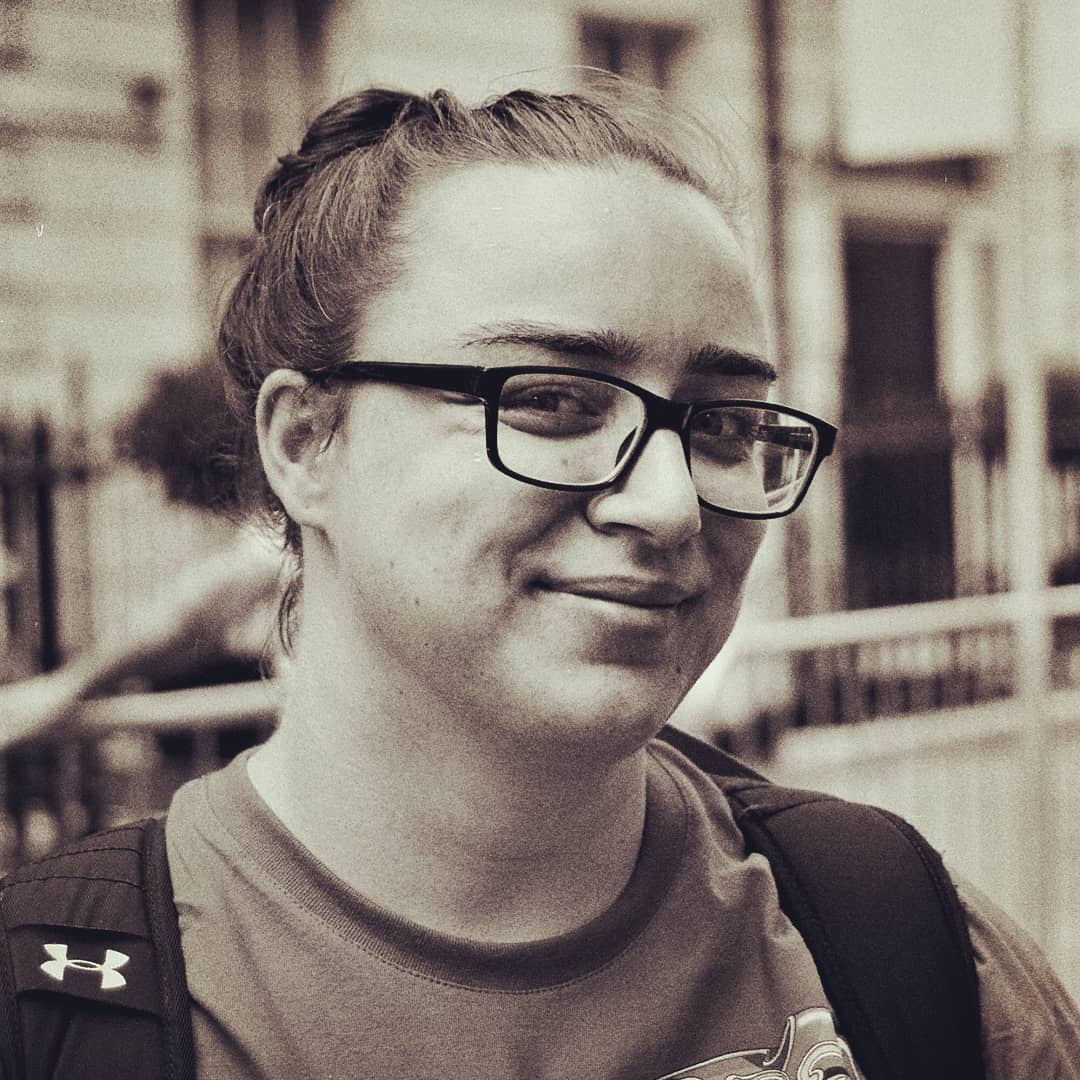Gypsy, Roma and Irish Traveller pupils in England are at least twice as likely to be expelled from school as the national average. Campaigner Chelsea McDonagh could have easily become part of this statistic when she faced problems in class and at home while growing up – but her school took a uniquely compassionate approach. Empathy is both cost effective and morally right, she writes.
The issue of school exclusions for Gypsy, Roma and Traveller children has long been documented. But despite years of data, the problem persists. At a time when purse strings are tight – from schools to local authorities to the government – it makes sense to consider the argument that it is more cost effective in the long run to drive down exclusions and invest more in schools now so that they can better support children who display challenging behaviour or who may require additional support. Each excluded pupil is estimated to cost the taxpayer around £370,000 in lifetime education, benefits, healthcare and criminal justice costs. The Children’s Commissioner revealed that 85% of children in Young Offender Institutions have been excluded from school, which is a stark reminder that the system isn’t working. And not just for Gypsy, Roma and Traveller children, but for many others too.
I know that many of the schools who I interact with, and who applaud my success, are continuing to exclude pupils who were just like me.
Chelsea McDonagh
Sometimes I find myself being held up as a beacon of integration, but those who meet me now are not meeting the angry child that I used to be. I know that many of the schools who I interact with, and who applaud my success, are continuing to exclude pupils who were just like me. My dad went to prison when I was in Year 8 and this was followed by a succession of bereavements and newfound caring responsibilities that had an adverse effect, and subsequently my standard of work and behaviour declined. Interacting with me was akin to walking in a mine field, never being quite sure what would set me off. Instead of being met with the rigid implementation of zero-tolerance behaviour policies, I was instead supported by teachers who empathised with my situation and tried a multitude of strategies to help me. It was an uphill battle but their approach and their refusal to give up on me, meant that I remained engaged in the education system. It has been paramount to my success.
Masters? Smashed it mate 🤓 💪 To get an 83 after churning it out in three months in the middle of a pandemic is more that I could have asked for. My godson (and nephew) doesn’t know what it means yet but one day he will pic.twitter.com/hkCZBeswaS
— Chelsea McDonagh (@chelsmcdonagh) October 15, 2020
At the Traveller Movement, we often find ourselves inundated with casework regarding school exclusions, some of which would fall under the category of an unlawful exclusion. One such case was that of a ten-year-old boy who was permanently excluded whilst in the final stages of receiving an Education and Health Care Plan (EHCP) for his special educational needs. This exclusion was only rescinded when legal action was taken. Parents shouldn’t be forced into this position. The lawfulness of exclusions should not be the guide for our moral compass as educators and as people invested in education.
Gypsy, Roma and Traveller children already exist on the margins of society and school exclusions only serve to reinforce this.
Chelsea McDonagh
Teachers and schools can often feel that their hands are tied, especially when tightening budgets means that the support that used to be on hand no longer exists. There are times when it is seems easier to exclude a child because their needs cannot be met, but in this approach we are failing those children. How can we encourage them to value education and to want to give back to society when the same society has told them that they can be discarded? Or that we will give up and wash our hands of them? It is no wonder that many fall prey to gangs and end up in the arms of the criminal justice system. It is a cycle that repeats year on year and, unless we commit to making meaningful changes and driving down school exclusions as part of that, we will forever have generations of lost young people. Gypsy, Roma and Traveller children already exist on the margins of society and school exclusions only serve to reinforce this.
The views expressed in this article are those of the author and do not necessarily reflect the views of EachOther.
___________






